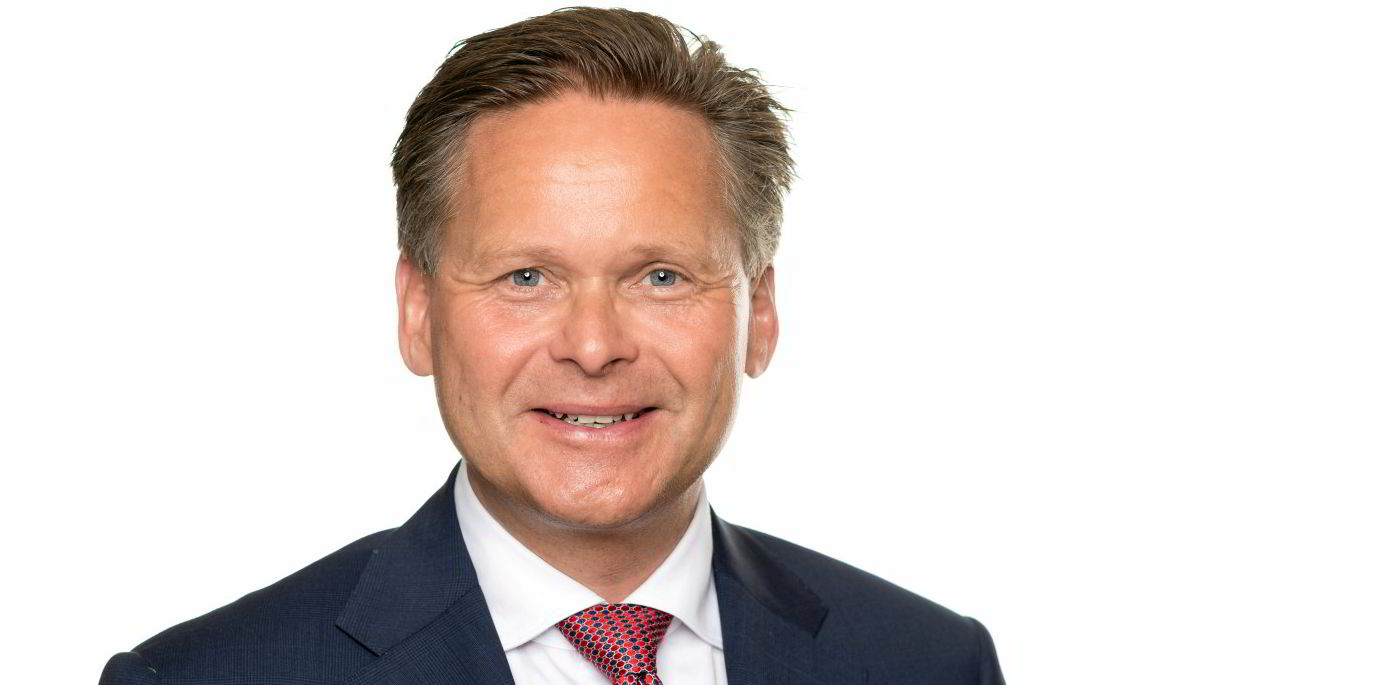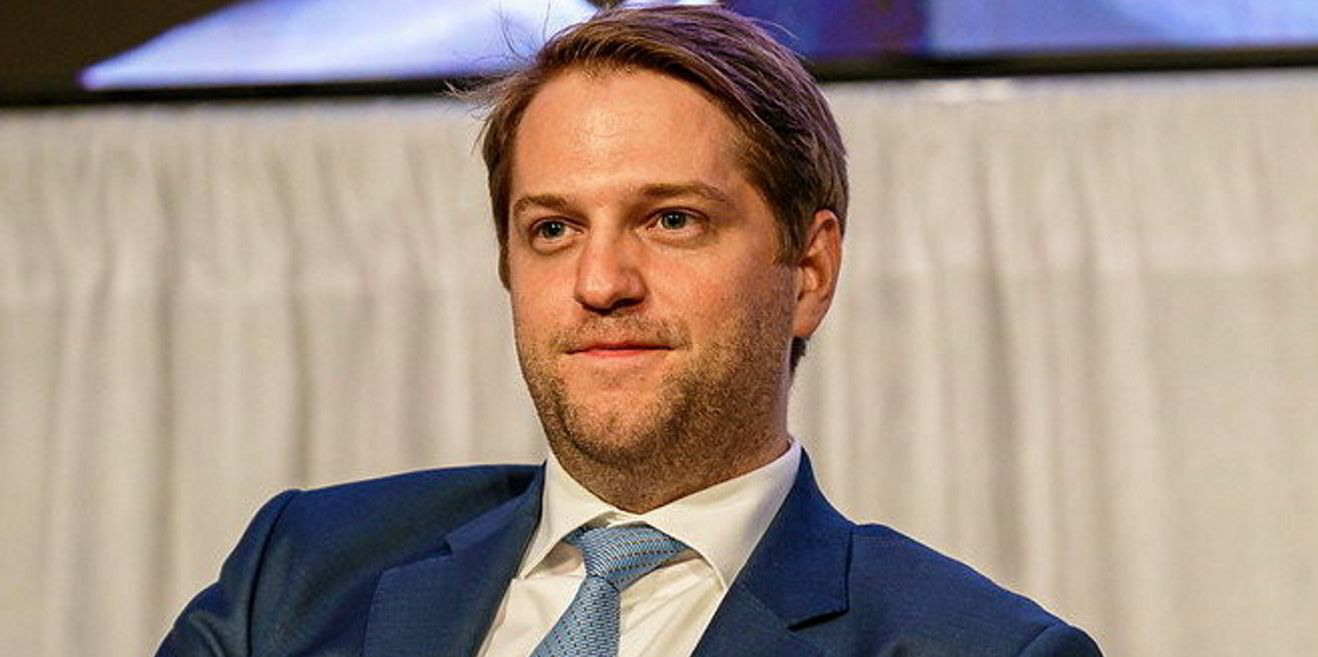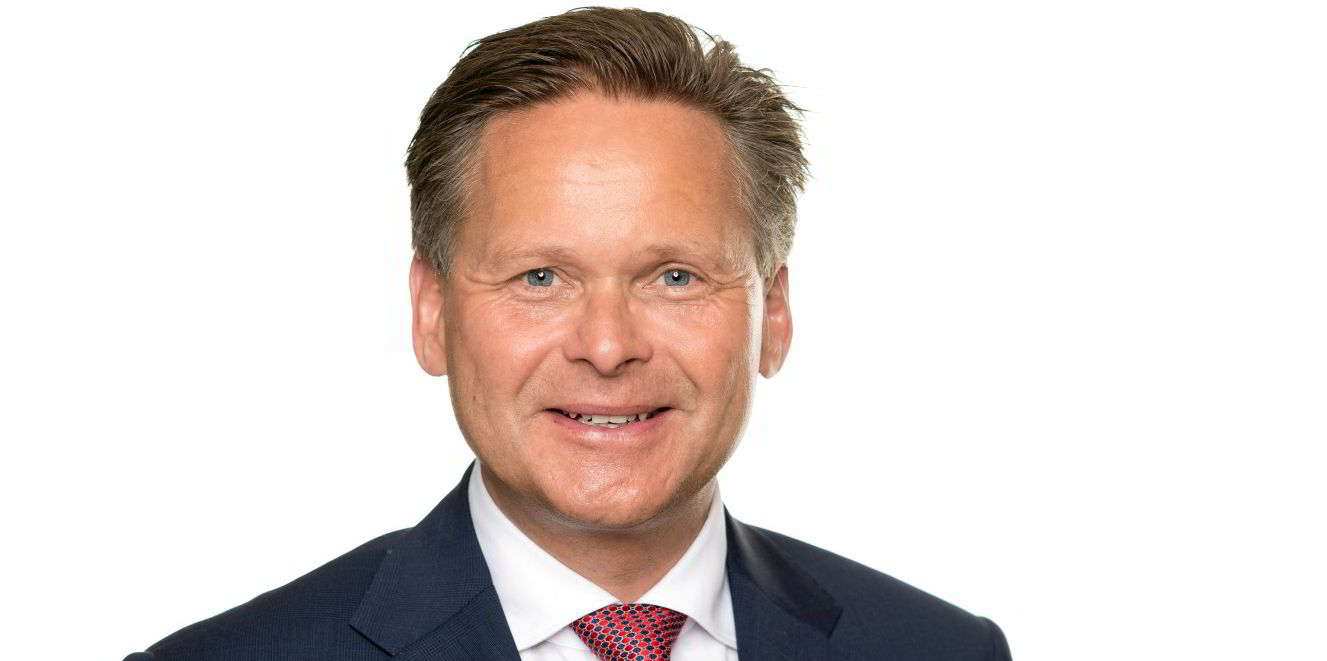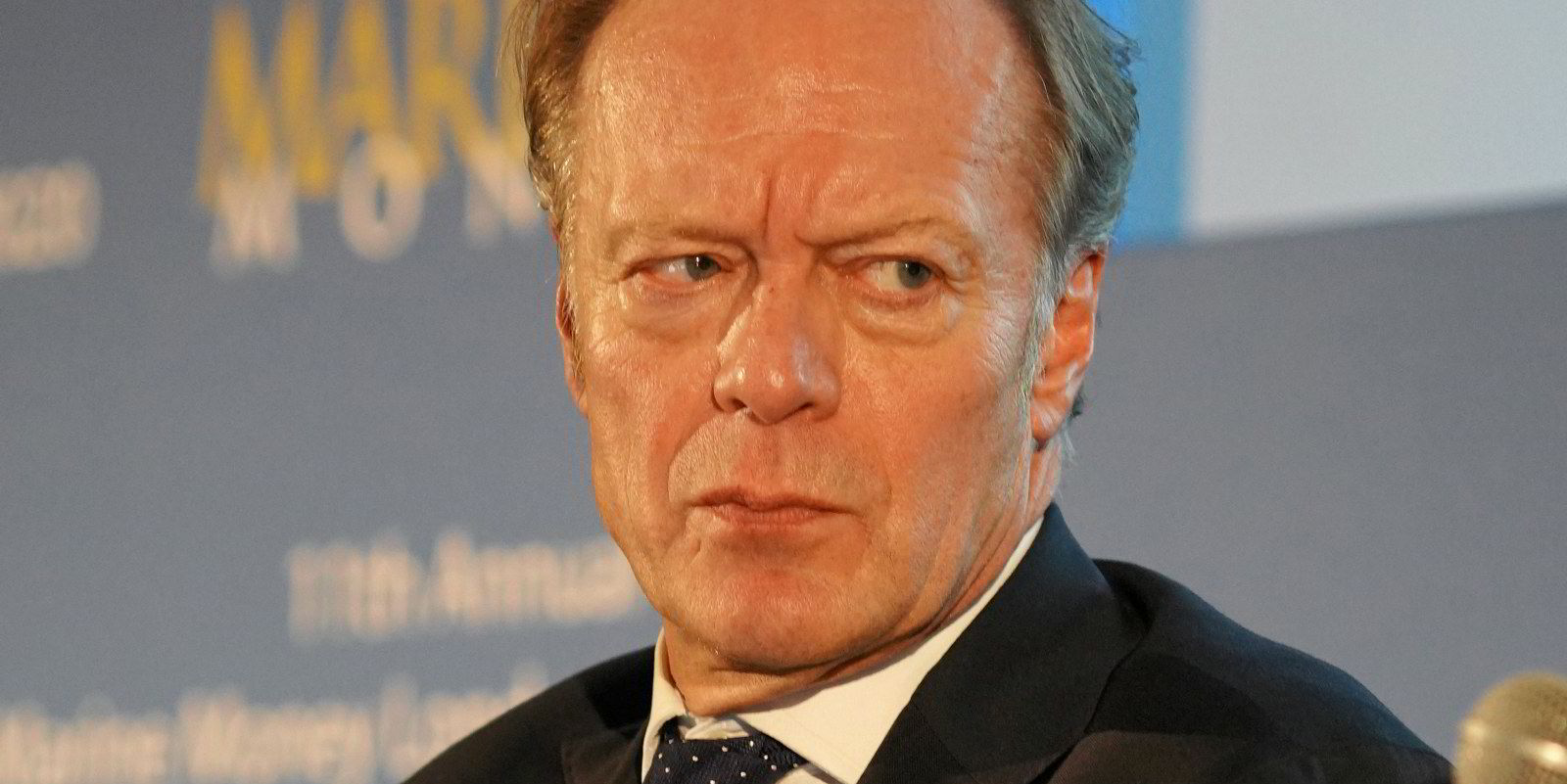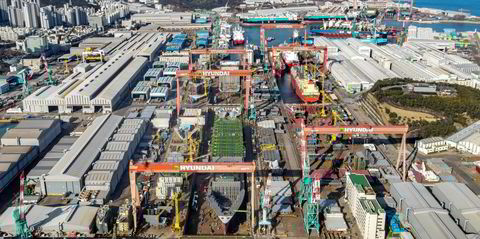Western Bulk was just too pessimistic about bulker markets last year and did not have the flexibility to reverse its losses when freight rates turned, according to its outgoing chief executive.
The Oslo-listed bulker operator revealed an annual loss yesterday at the same time as telling investors that CEO Hans Aasnaes would be leaving the company. There was also no dividend for shareholders.
In what could be his last Western Bulk conference call, Aasnaes told investors and analysts on Friday that the operator ran short of options in 2023.
“This year feels like a year that our business model had got everything against us,” he said.
“If you look at the structure of the market [in 2023], it’s been a situation for most of the year where you had the tonnage priced at a certain level and then you had the FFA priced quite a significant [level] below that.
“That means that if you take a vessel and try to hedge it, you’re locking in a loss.”
Western Bulk, which operates a fleet of bulkers from handysize up to panamax, racked up $3.8m in losses from freight derivatives during 2023 overall — equivalent to almost one-quarter of its annual net loss.
The losses generated through forward freight agreements during the period were unusual for Western Bulk.
Aasnaes blamed the sharp uptick in bulker rates caused by congestion in the Panama Canal, which far exceeded the FFA curve.
When outmanoeuvred by spikes in freight rates, Western Bulk found itself with little option for generating its margins other than trying to find arbitrage opportunities in the spot market during the final six months of last year.
Western Bulk had too little period tonnage on its books and therefore too little optionality to play with, Aasnaes said.
“We try not to take outright risk out on the [forward] curve; we should take most of the risk within six months or even less. That makes it very difficult for us to take on period tonnage without taking too much risk out on that curve,” he explained during the call.
Forward cargoes were also being priced more cheaply than the FFA curve in the second half of 2023.
As a result, any attempt to hedge the cargo with freight derivatives or by chartering a vessel would lock in a loss, he added.
“That makes our business model very difficult to handle and we are left with playing the spot market and playing the different basins risk or taking outright risk far out on the curve,” he said.
There will be no big changes in Western Bulk’s strategy.
The company will focus on enhancing its commercial strength by building new trades and developing its existing activities and customer relationships, Aasnaes said.
Western Bulk’s net loss of $15.6m after tax last year reversed a $66m profit in 2022.
Net time charter revenue of $9.3m was down from $116m a year earlier, and it made an average net margin of $202 per ship day over the 12 months.
The annual result was dragged down by losses booked during the second half, despite an upturn in the supramax market.
Western Bulk recorded a $10.8m loss after tax for the final six months of 2023.
Net time charter revenue totalled $2.3m and its net time charter margin was $100 per ship day during the period.
Volume growth was difficult to maintain in 2023 and further growth will come at a cost because much of it is being generated by panamaxes, which are costly to charter in, he said.
“It’s a tough competition out there and you see some of the shipowners have tried to go into the verticals to take more of the value chain,” Aasnaes told investors.
“But that said, in the last few months it’s been possible again to take tonnage and to hedge it and we see that it’s better now for our business model to take positions.”
Future ambitions
Western Bulk still wants to grow its panamax business further, which will allow it to create synergies with its supramax trading.
Chief financial officer Kenneth Thu told investors: “I think that maybe it takes some investment to get up there and get the full market view and full coverage with employees, so we have been hiring and we are still hiring more to grow within that area and see the potential within it.”
Aasnaes confirmed that the company has panamax vessels on period charter, but said it is company policy not to reveal how many.
The call also confirmed that Western Bulk’s Copenhagen office no longer has any employees, but is being managed remotely from Dubai.
Copenhagen was the focal point for its panamax business when the office opened in late 2022, led by Thomas Lindgren Jensen.
Jensen left the company after three months, according to his LinkedIn profile.
The financial report for the second half of 2023 does not list Copenhagen among Western Bulk’s network of international offices.
According to the company website, panamax trading is today led by Mohneesh Bhutani, who heads the Indian Ocean commercial team from his base in Dubai.
